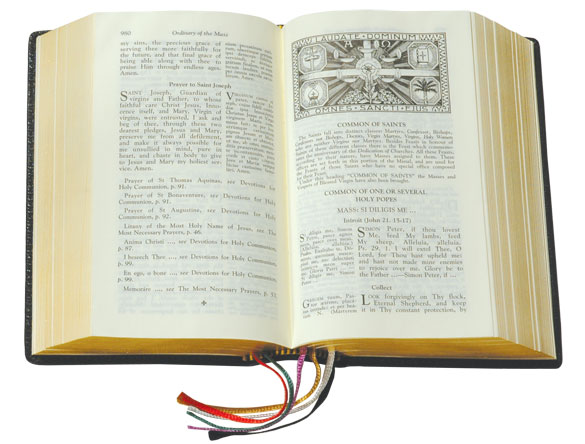As I mentioned earlier, I was on retreat this past weekend. This meant that I didn’t have the usual amount of time to spend on the Lectionary Notes this week, so sorry if they appear a bit rushed again…
25th Sunday of Ordinary Time: 18th September, 2011
The readings this week speak of God’s mercy and generosity. We so often scorn God’s goodness, but in today’s Readings we learn that God is gracious and generous to all who return to Him.
“Late have I loved you, O Beauty ever ancient, ever new, late have I loved you! You were within me, but I was outside, and it was there that I searched for you… You were with me, but I was not with you… You called, you shouted, and you broke through my deafness. You flashed, you shone, and you dispelled my blindness. You breathed your fragrance on me; I drew in breath and now I pant for you. I have tasted you, now I hunger and thirst for more” – St. Augstine, The Confessions
Reading I: Isaiah 55:6-9
This Reading from Isaiah is part of Chapter 55’s invitation to “Come to the water, all you who are thirsty…”. Isaiah exhorts his listeners to not delay, but come and enjoy the Lord’s goodness.
Seek the LORD while he may be found, call him while he is near. Let the scoundrel forsake his way, and the wicked his thoughts; let him turn to the LORD for mercy; to our God, who is generous in forgiving. For my thoughts are not your thoughts, nor are your ways my ways, says the LORD. As high as the heavens are above the earth, so high are my ways above your ways and my thoughts above your thoughts.
Possible Questions:
- What does Isaiah exhort his listeners to do?
- Isaiah contrasts men and God. In what way does he say they are different?
- Practically speaking, in what way are God’s “thoughts above your thoughts”?
- How does this Reading relate to the Gospel Reading?
Commentary:
“Seek the LORD while he may be found, call him while he is near”
This is an invitation to return to friendship with God. Do not delay! Seize the opportunity!
“Let the scoundrel forsake his way”
Returning to friendship with God means leaving behind your old way of life.
“…turn to the LORD”
This is essentially what repentance is – turning away from sin and towards God.
“For my thoughts are not your thoughts, nor are your ways my ways”
We are not the same as the Lord. His ways are not are ways. Scripture often describes God in an anthropomorphic (“human-like”) language, but it must always be remembered that God is soooooooo much greater than we are.
In the Gospel Reading we will hear of a particular area where God’s ways are unlike our own. God is infinitely more generous.
Read more





